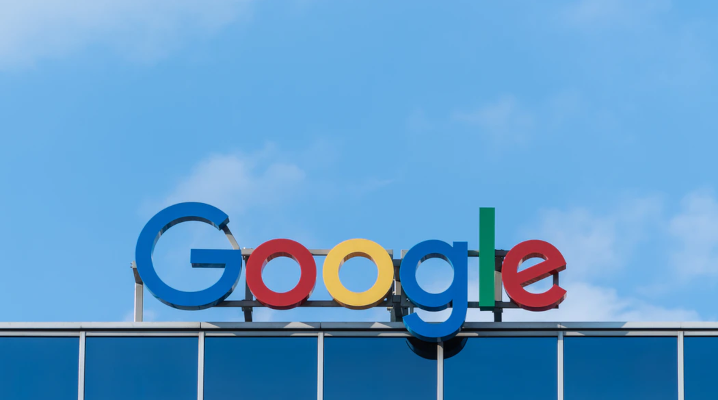 POLICY
POLICY
 POLICY
POLICY
 POLICY
POLICY
Google LLC will not have to answer allegations by dozens of U.S. states that the design of its search engine results page harms rival platforms such as Expedia Group Inc. or Yelp Inc., a federal judge ruled in an opinion that was unsealed Friday.
The summary judgment ruling by Judge Amit Mehta of the U.S. District Court for the District of Columbia was seen as a significant victory for Google, which will face a narrower scope of claims in an antitrust lawsuit filed by the Department of Justice and a coalition of states.
The lawsuit was brought jointly by state attorneys general and the federal government, and will proceed as scheduled in mid-September. The Justice Department originally sued Google during former president Donald Trump’s administration, making numerous allegations over its dominant position in online search. The lawsuit filed by the states’ attorneys general two months later has been consolidated into the same case.
Although Mehta’s ruling throws out some of the key claims made by the states, it paves the way for some of the most serious to proceed. They include allegations that Google has harmed competition via its practice of using contracts to cement its position as the default search engine on Android smartphones.
Set to begin Sept. 12, the case is the first in a series of court challenges targeting Google over its wide-reaching economic power. The outcome of the case could be a bellwether for President Biden’s more assertive antitrust agenda, which has led to other lawsuits and investigations against other technology giants, such as Meta Platforms Inc. and Amazon.com Inc.
Federal antitrust officials and the state attorneys general argue that Google harms competition by striking deals with wireless carriers and smartphone manufacturers to make Google Search the default search interface for Android device users. According to the lawsuit, these deals are anticompetitive, because the smartphone makers are also contractually obligated to pre-install other Google-made applications, such as Gmail, Chrome and Maps.
Rivals such as Yelp argue that Google harms its competitors by prioritizing its own applications and services in its search results, ahead of web pages, links, reviews and other content from third parties. Google, for its part, argues it has designed its search results page in such a way as to enable a better overall search experience.
Mehta, in his opinion, concluded that states “have not shown there is a genuine dispute of material fact that would warrant a trial to determine whether Google’s treatment” of results from rivals such as Expedia, Booking.com and others is anticompetitive. However, he said there is substantial disagreement over how harmful Google’s Android and browser contract deals may be.
The impact of Google setting itself as the default search provider on browsers and smartphones “is a hotly disputed issue,” the judge wrote. “It is best to await a trial to determine whether, as a matter of actual market reality, Google’s position as the default search engine across multiple browsers is a form of exclusionary conduct.”
Reacting to the judge’s ruling, Google President of Global Affairs Kent Walker said his company “looks forward to showing at trial that promoting and distributing our services is both legal and pro-competitive.”
Colorado Attorney General Phil Weiser said he was pleased that the case would now proceed to trial. “We will continue to evaluate how to best press forward and establish Google’s pattern of illegal conduct that harms consumers and competition,” he said.
Support our mission to keep content open and free by engaging with theCUBE community. Join theCUBE’s Alumni Trust Network, where technology leaders connect, share intelligence and create opportunities.
Founded by tech visionaries John Furrier and Dave Vellante, SiliconANGLE Media has built a dynamic ecosystem of industry-leading digital media brands that reach 15+ million elite tech professionals. Our new proprietary theCUBE AI Video Cloud is breaking ground in audience interaction, leveraging theCUBEai.com neural network to help technology companies make data-driven decisions and stay at the forefront of industry conversations.